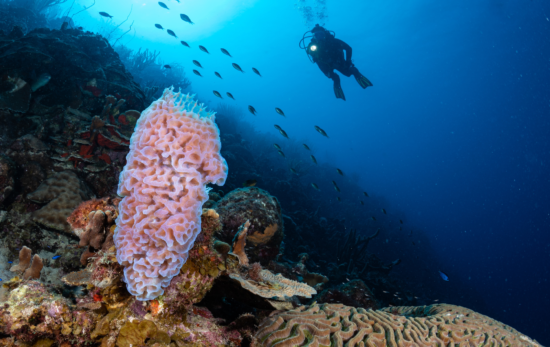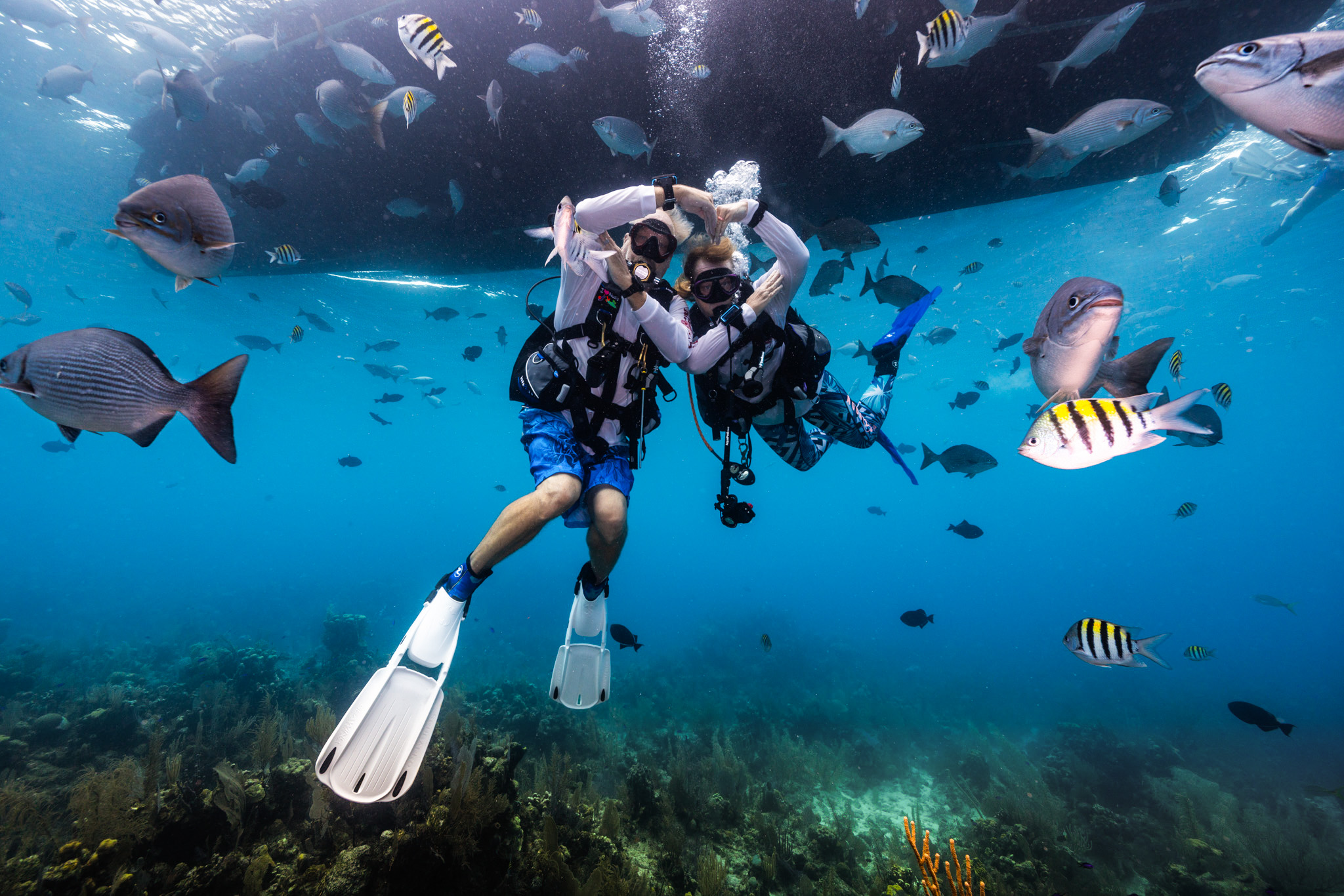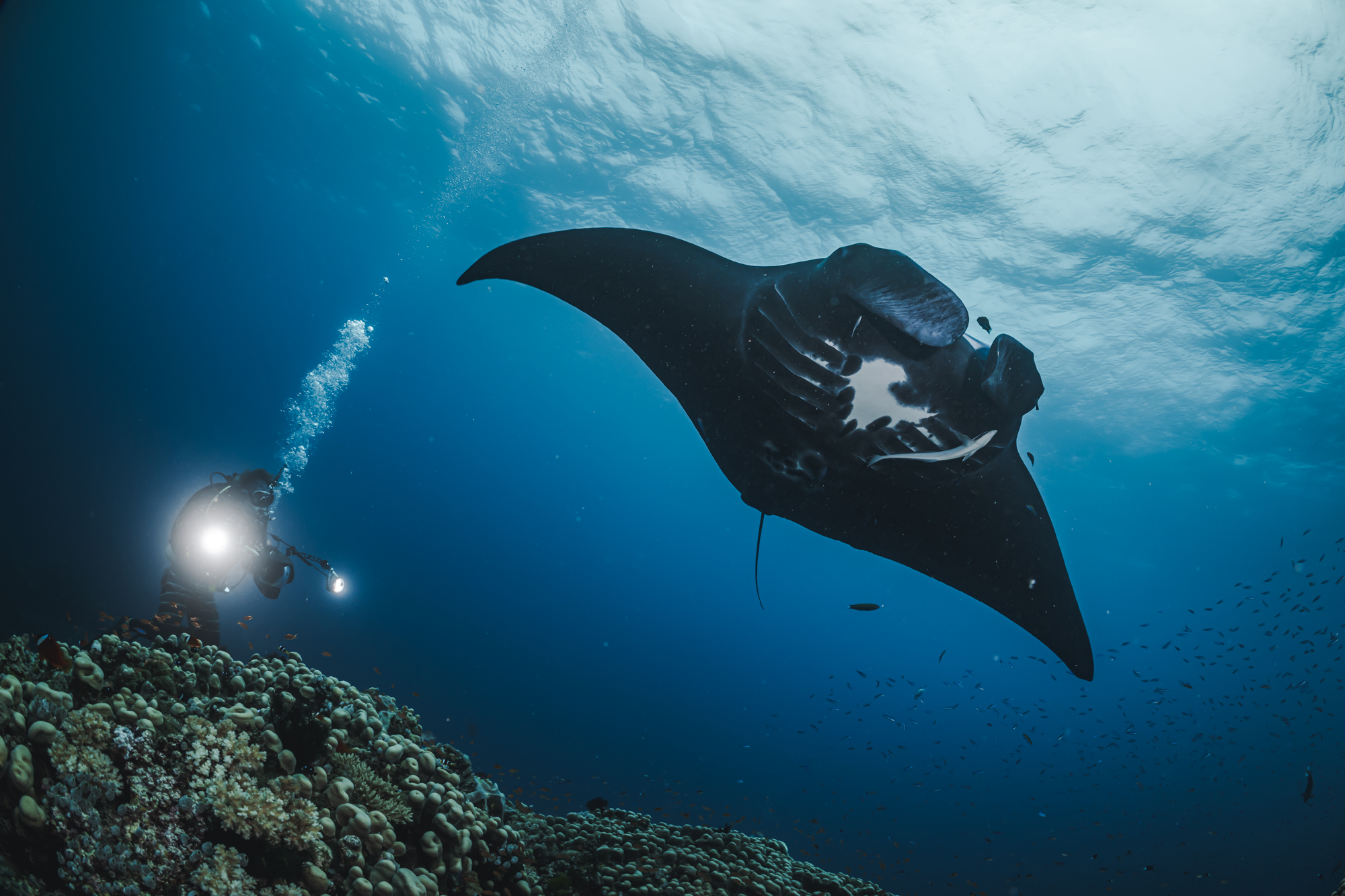Scuba diving is an amazing sport. It allows you to seek adventure in loads of amazing places underwater, but it does have risks, especially if you don’t plan your dive and dive your plan.
That’s why it’s always important to make dive trips as safe as they can be. Read one diver’s tips for a safe journey underwater every time:
- Check that the dive center you’re diving with is a member of a recognized certification agency. You can find a list of PADI Dive Centers and Dive Resorts here.
- Do not dive if you have doubts about the quality of any rental equipment you’re using (including the boat) or if the Instructor or Divemaster does not inspire confidence.
- Never dive if you feel uncomfortable about any aspect of the trip. Peer pressure and the desire not to look stupid account for a lot of accidents.
- Make sure you receive a thorough dive briefing that explains the conditions you are likely to encounter and the level of difficulty involved before you go diving.
- Don’t dive if you think the sea is too rough, the current is too strong or the visibility is too poor. If you’re not comfortable with or trained for the dive at hand, don’t do it.
- Ask about first-aid facilities and check that the dive boat and center have oxygen available for emergencies. Consider becoming a member of DAN (Divers Alert Network), which offers accident insurance and 24-hour specialist medical advice.
- Take further training courses, especially the PADI Rescue Diver course, which teaches you to spot an accident before it happens.
- Diving can be physically strenuous. Ensure you are healthy so that you can help yourself or another diver in an emergency.
- Take responsibility for your own actions and don’t dive beyond your training and experience. It’s meant to be fun, not a test of bravery.
- If you’re in any doubt, don’t dive.
This blog was originally written by Jacki Hutchings and published on the Diviac Magazine.




